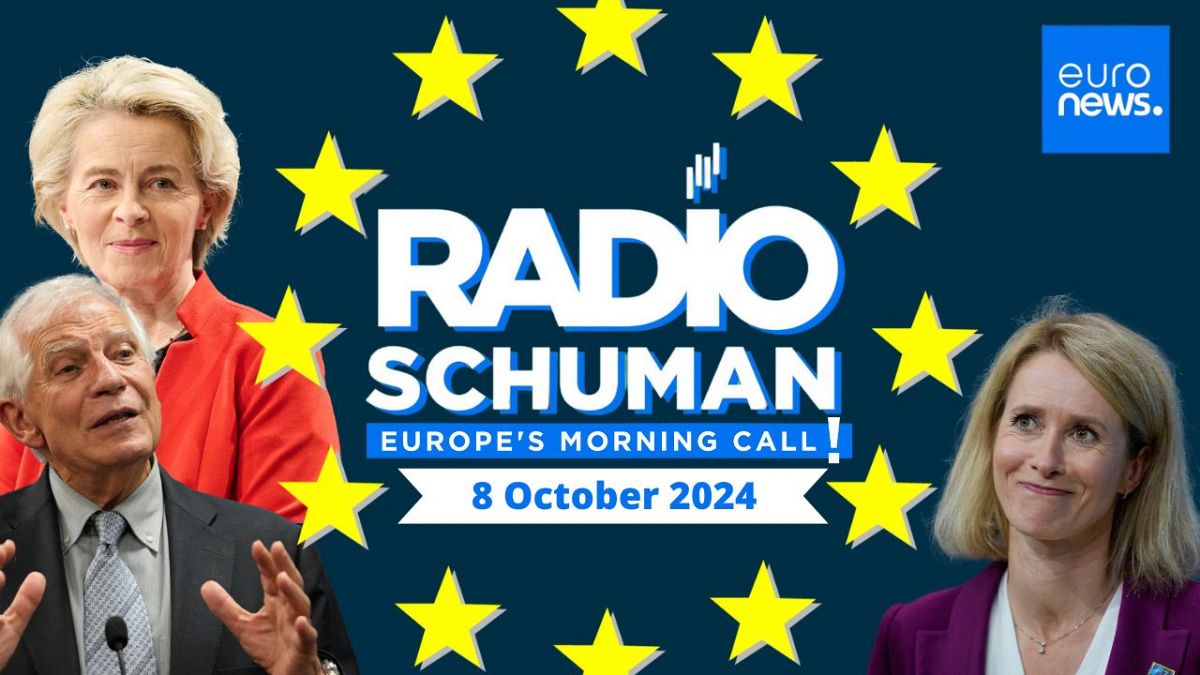The European Union has been facing a deadlock in the Middle East, with conflicting stances and views on the ongoing situation in the region. As the EU prepares for a change in leadership, with Kaja Kallas set to become the new foreign policy chief, there are questions about what her stance will be on the Middle East. Kallas, a former Estonian prime minister, is known to be less vocal on the issue compared to the current High Representative, Josep Borell. To shed light on this topic, Radio Schuman spoke to Martin Konecny, director of the European Middle East Project, an independent civil society hub focusing on EU policy towards Israel and Palestine.
One of the key issues that the EU has been grappling with is the aftermath of the October 7 Hamas attack on Israel, which took place a year ago. Brussels has been calling for a ceasefire and the release of hostages since then, but the situation remains unresolved. With Kallas stepping into the role of the EU’s foreign policy chief in the coming weeks, there is a hope that she can help break the current deadlock in the Middle East. However, her less vocal approach to the issue raises questions about what her stance will be and how she plans to address the ongoing tensions in the region.
Hungarian Prime Minister Viktor Orbán is also set to address the European Parliament in Strasbourg, outlining his vision for Hungary’s six-month turn at the EU’s rotating presidency. Orbán’s speech, along with a press conference with MEP Kinga Gál, is expected to draw attention and could overshadow a parliamentary debate on the EU’s car industry. As the EU grapples with various challenges, including a shortage of healthcare professionals, Radio Schuman delves into the complexities of these issues and provides insights on how different countries are affected by these shortages.
In light of the ongoing challenges in the Middle East, the EU’s approach to the region is crucial in finding a way to break the current deadlock and promote peace and stability. With Kallas set to assume the role of foreign policy chief, there is anticipation and curiosity about how she will navigate the complexities of the situation. As an independent civil society hub focused on EU policy towards Israel and Palestine, the European Middle East Project provides valuable insights and analysis on the region, helping to inform the EU’s decision-making process.
The EU’s response to the October 7 Hamas attack on Israel one year ago highlighted the need for a unified stance and coordinated efforts to address the ongoing tensions in the Middle East. As Europe prepares for a change in leadership, with Kallas taking over as the EU’s new foreign policy chief, there is an opportunity to reevaluate and adjust the approach to the region. By engaging in dialogue with experts like Martin Konecny, the EU can gain valuable perspectives and insights to inform its policies and actions in the Middle East.
With Hungary’s upcoming presidency of the EU and Orbán’s address to the European Parliament, there is a focus on the country’s vision and priorities for the next six months. Orbán’s speech, along with the press conference with MEP Kinga Gál, is expected to draw attention and could bring to light Hungary’s stance on various issues. In the midst of these developments, Radio Schuman continues to provide in-depth coverage and analysis on the EU’s challenges, including the shortage of healthcare professionals, offering a comprehensive look at the complexities facing the region.











